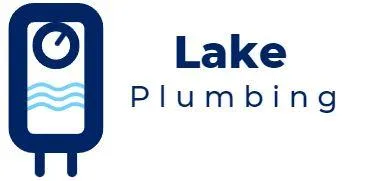Definitive Guide to Tankless vs Tank Water Heaters
When it comes to water heater replacement in Eclectic, there are two main types to consider: tank and tankless models. Each type has its own advantages and factors to consider, including cost-effectiveness, maintenance requirements, installation process, and lifespan. By understanding these aspects, you can make an informed decision that suits your needs. In our definitive guide, you can learn everything you need to know about tankless vs tank water heaters.

What is a storage tank water heater and how does it work?
A storage tank water heater is a common type of water heating system that stores and heats a significant amount of water in a tank. It consists of a large insulated tank that holds the water and a heating element, such as a gas burner or electric heating coils, which heats the water to the desired temperature. To heat the water, the heating element is turned on when the temperature of the water in the tank drops below the set temperature. The heat energy from the element is transferred to the water, raising its temperature. Once the water reaches the desired temperature, the heating element shuts off. The heated water remains stored in the tank until it is needed. When someone opens a hot water tap or turns on an appliance that requires hot water, cold water enters the tank through a supply pipe. This cold water displaces the hot water in the tank, flowing down to the bottom of the tank. At the same time, the heating element is activated to maintain the set temperature in the tank. The stored hot water is then delivered to the desired location through a pipe connected to the top of the tank. The process of water displacement and heating continues until the hot water demand is met. This way, a storage tank water heater ensures a continuous supply of hot water for various household activities.

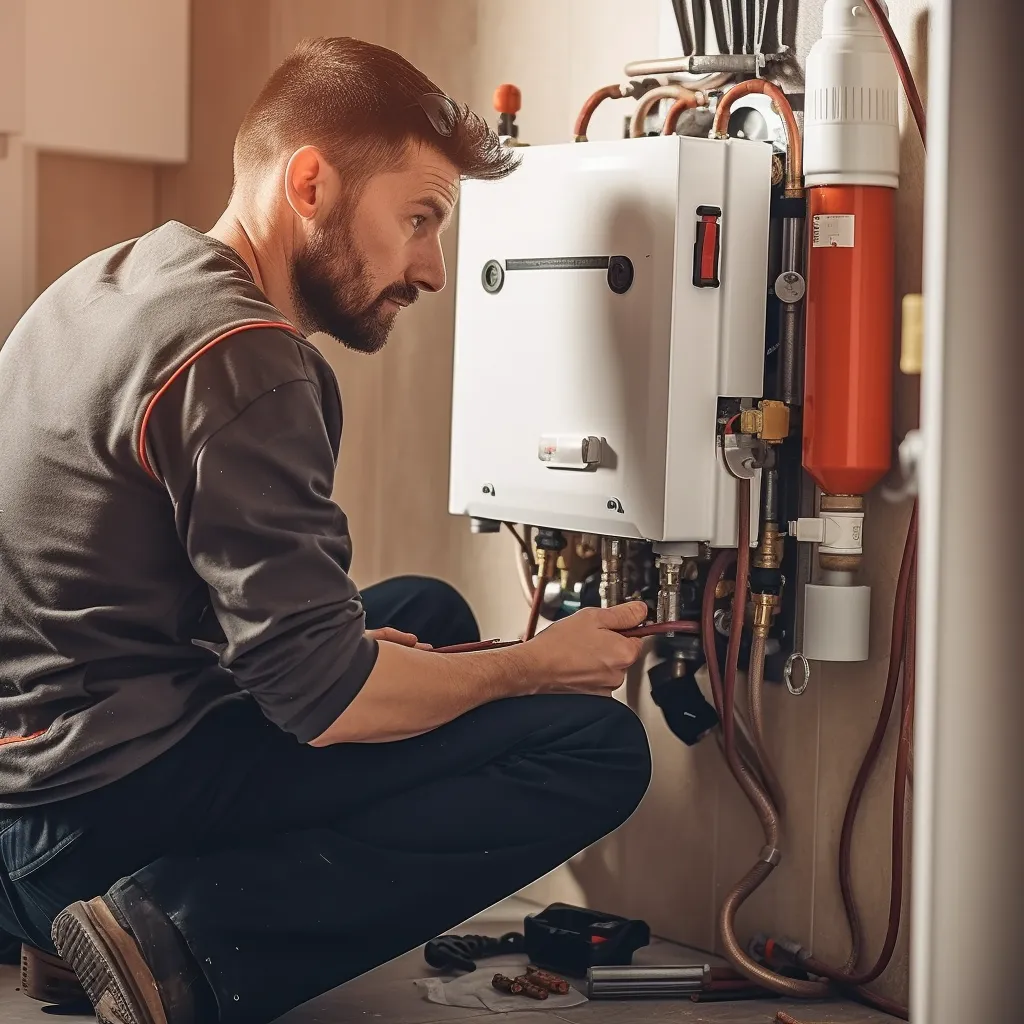
Benefits of a tank water heater
Replacing your old water heater with a new tank water heater can bring you numerous benefits:
One of the main advantages is the consistent supply of hot water it provides. With a tank water heater, you can enjoy a steady flow of hot water for all your daily needs, whether it's showering, cooking, or doing laundry.
Another benefit of a tank water heater is its cost-effectiveness. These types of water heaters are typically more affordable to purchase and install compared to other options such as tankless or solar water heaters.
Tank water heaters tend to have a longer lifespan, which means you won't have to worry about replacing it for a considerable amount of time.
Maintenance is also relatively easy with a tank water heater. Routine maintenance tasks such as flushing the tank to remove sediment buildup can help prolong its lifespan and maintain its efficiency. This simple maintenance can be done by a professional plumber or as a DIY project if you're comfortable with basic plumbing tasks.
Tank water heaters are compatible with various energy sources, including gas, electricity, and even solar power. This versatility allows homeowners to choose the most cost-effective and environmentally friendly option that suits their needs.
Tank water heaters are a reliable choice for larger households or homes with multiple bathrooms. The storage tank ensures a sufficient supply of hot water, even during peak usage periods, making it ideal for families or those who frequently have guests.
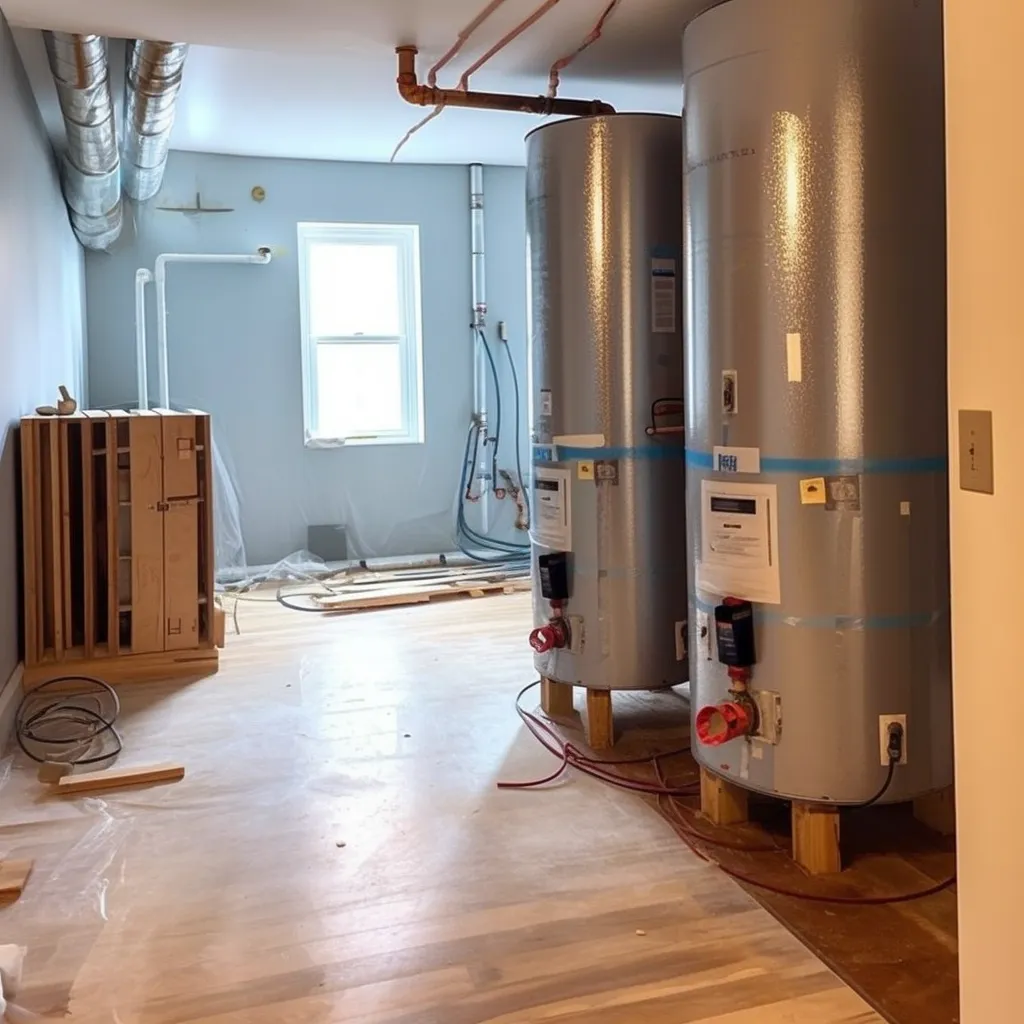
What are the disadvantages of a tank water heater?
Tank water heaters have several drawbacks:
Tank water heaters tend to take up more space compared to their tankless counterparts. This space requirement can pose a disadvantage in situations where space is a premium.
Energy efficiency is an important factor to consider. The truth is, older models of tank water heaters tend to be less energy efficient compared to newer ones. This inefficiency can lead to higher utility bills over time.
Tank water heaters generally have a lifespan of 8-12 years, whereas tankless systems can last up to 20 years, making tankless heaters a more durable option.
When the hot water in the tank is depleted, it can take quite a bit of time for it to reheat. This can lead to delays and frustration, as individuals are left waiting for the water to heat up again.
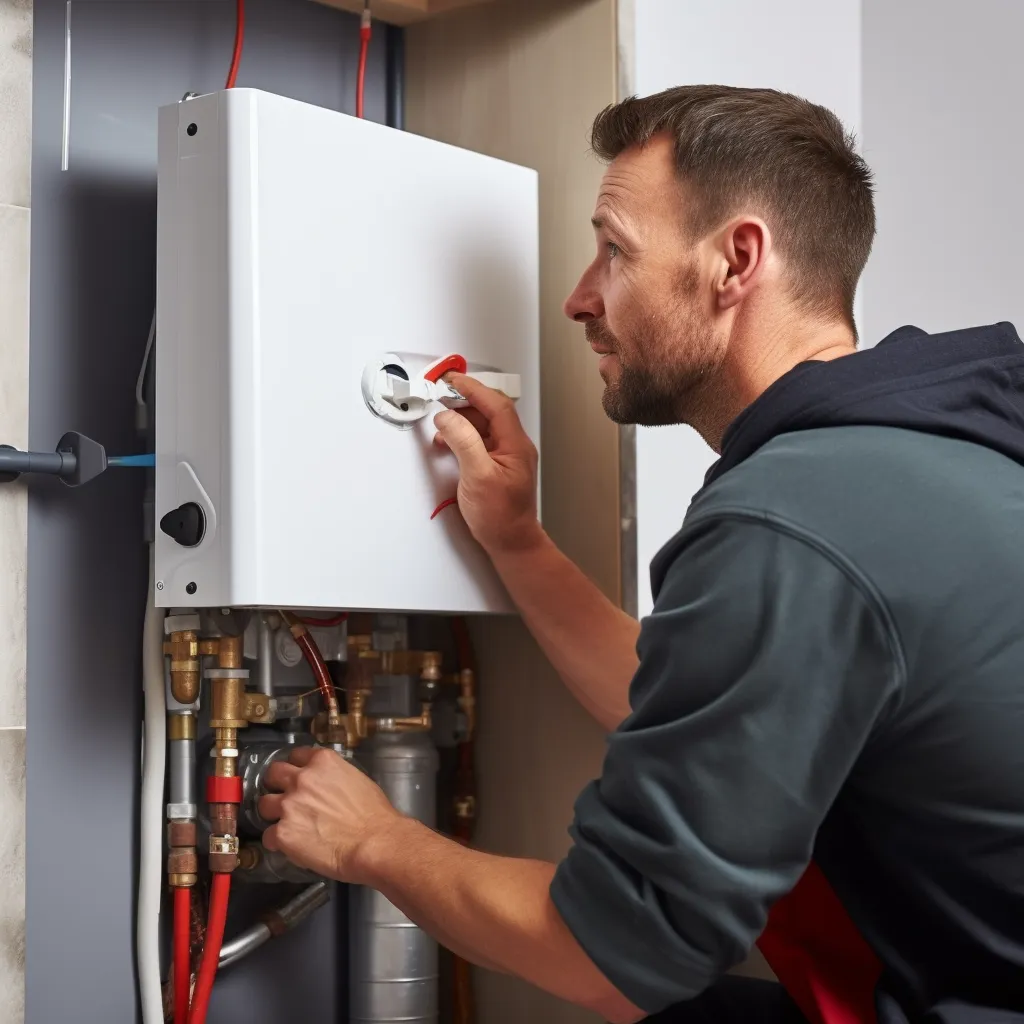
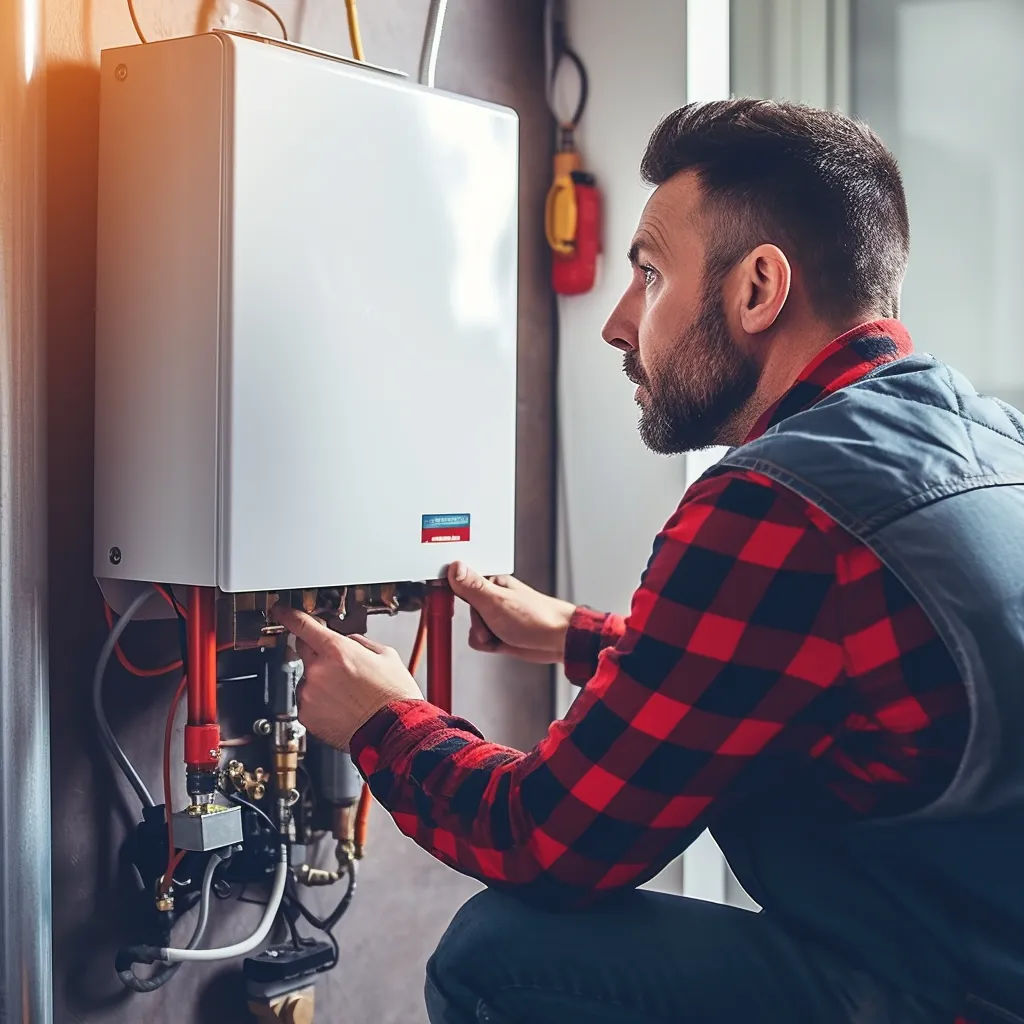
What is a tankless water heater and how does it work?
A tankless water heater is a modern alternative to traditional water heaters with a storage tank. As the name suggests, it does not have a cumbersome tank that stores hot water. Instead, it heats water on-demand, providing hot water instantly whenever needed. Unlike conventional water heaters, which continuously heat and store water, tankless water heaters only heat water when you turn on the tap or shower. When a hot water tap is opened, cold water enters the unit and flows over a heat exchanger, where it is quickly heated to the desired temperature. As a result, tankless water heaters offer an endless supply of hot water, as long as the demand does not exceed the unit's capacity. Because tankless water heaters do not constantly maintain a large volume of water at a set temperature, they can be more energy-efficient than traditional water heaters. This efficiency can lead to cost savings and lower utility bills over time. Additionally, tankless water heaters are generally smaller in size, saving valuable space in your Eclectic home.
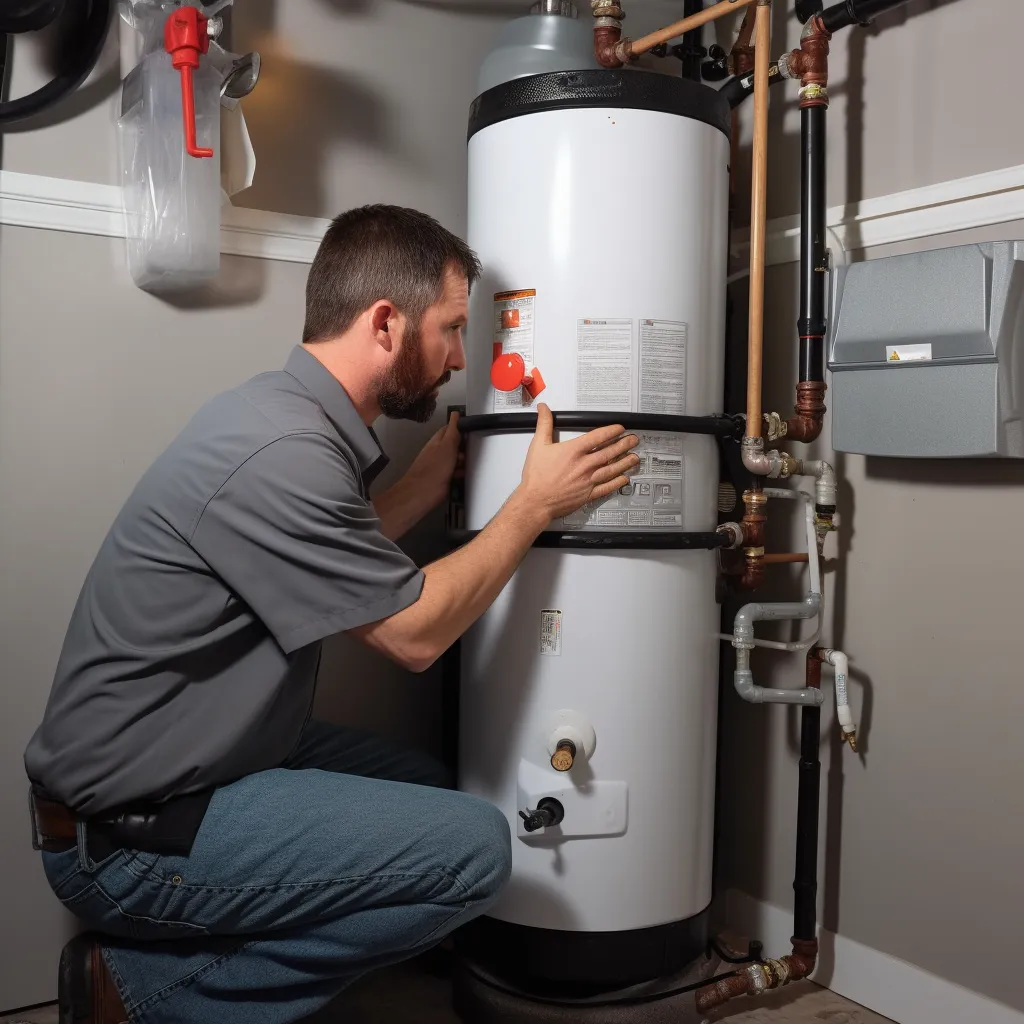
Benefits of a tankless water heater
There are several benefits to choosing a tankless water heater over a traditional storage tank model:
One of the main advantages is the energy efficiency provided by tankless heaters. Unlike traditional water heaters that continuously heat and store a large volume of water, tankless heaters only heat the water as it is needed, reducing energy consumption and lowering utility bills.
Tankless water heaters take up less space since they don't require a bulky storage tank. This makes them a great option for smaller homes or spaces where storage is limited.
Another advantage is the longer lifespan of tankless water heaters. On average, tankless models last up to 20 years, compared to the 10-15 year lifespan of traditional water heaters, leading to potential cost savings in the long run.
Tankless water heaters provide an endless supply of hot water, as they are capable of heating water on demand. This eliminates the issue of running out of hot water during peak usage times.
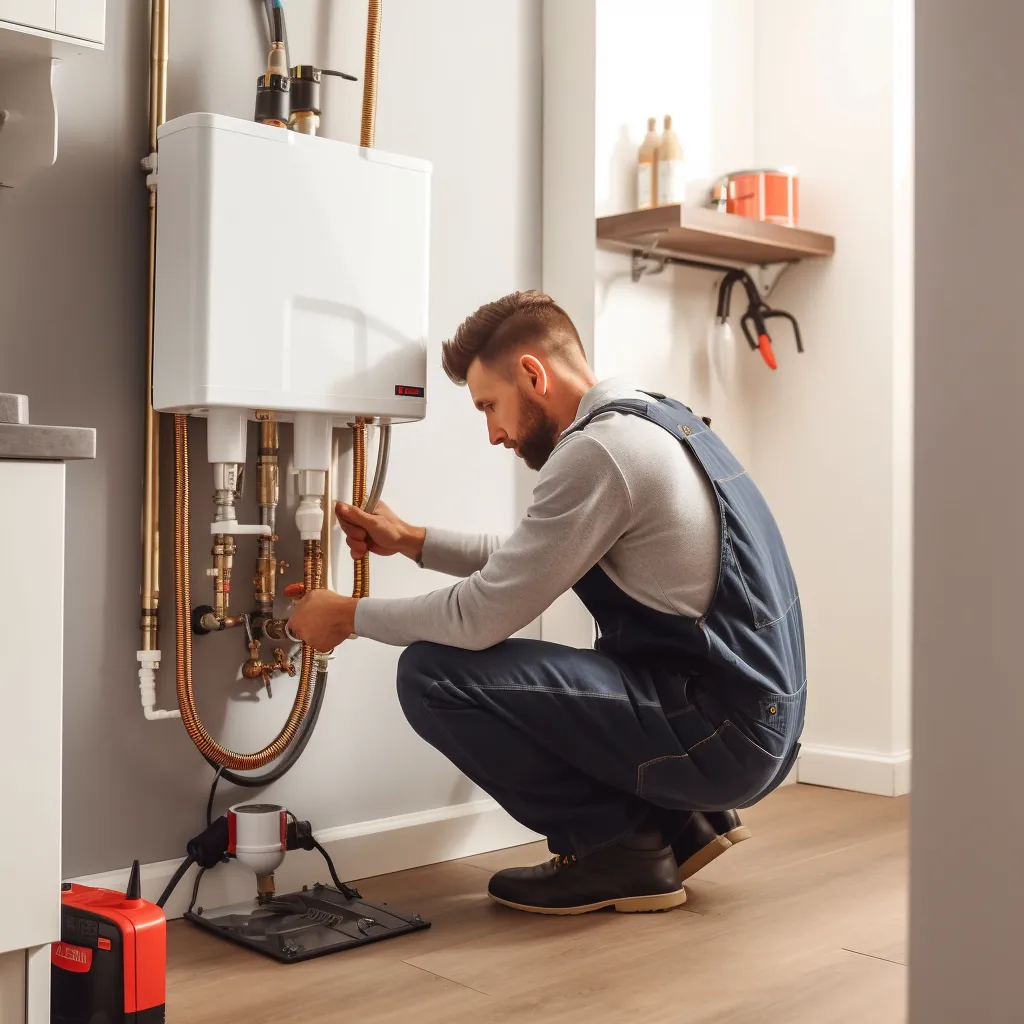
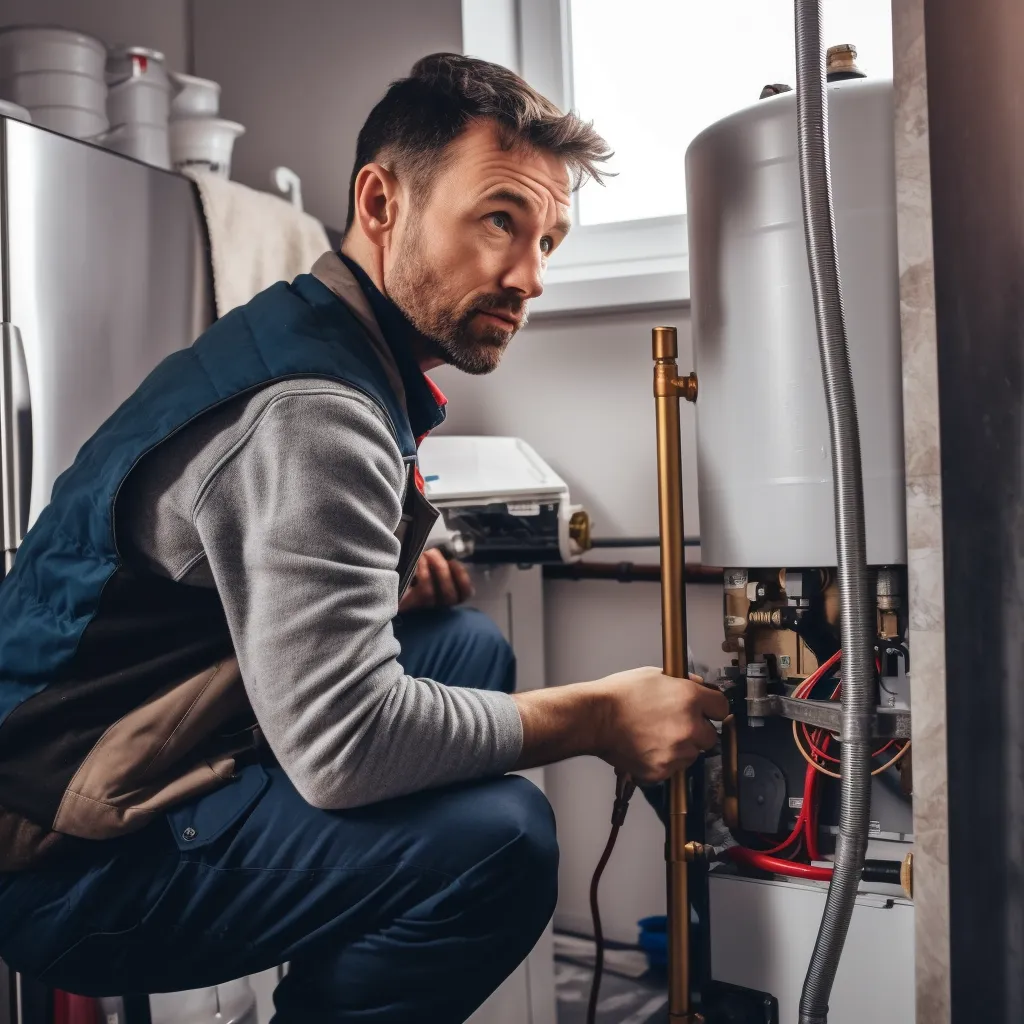
What are the drawbacks of a tankless water heater?
Tankless water heaters come with a few downside:
One downside of tankless water heaters is that they can be expensive to purchase and install compared to traditional tank-style water heaters. This is because tankless water heaters use advanced technology and require special plumbing modifications.
Another drawback is that tankless water heaters may have limitations when it comes to the number of hot water outlets they can efficiently serve. If multiple hot water outlets are being used simultaneously, such as running a shower while someone else is using a dishwasher, the tankless water heater may struggle to keep up with the demand.
Tankless water heaters may require regular maintenance and descaling to prevent mineral buildup and ensure optimal performance. This can add to the overall cost and hassle of owning a tankless water heater.
In areas with hard water, tankless water heaters may be more prone to issues caused by mineral deposits, which could affect the unit's lifespan and efficiency. This can result in the need for more frequent repairs or even premature replacement.
Tankless water heaters may have a higher upfront cost compared to traditional tank-style water heaters. However, it is important to consider the long-term energy savings they provide, which can offset the initial investment over time.
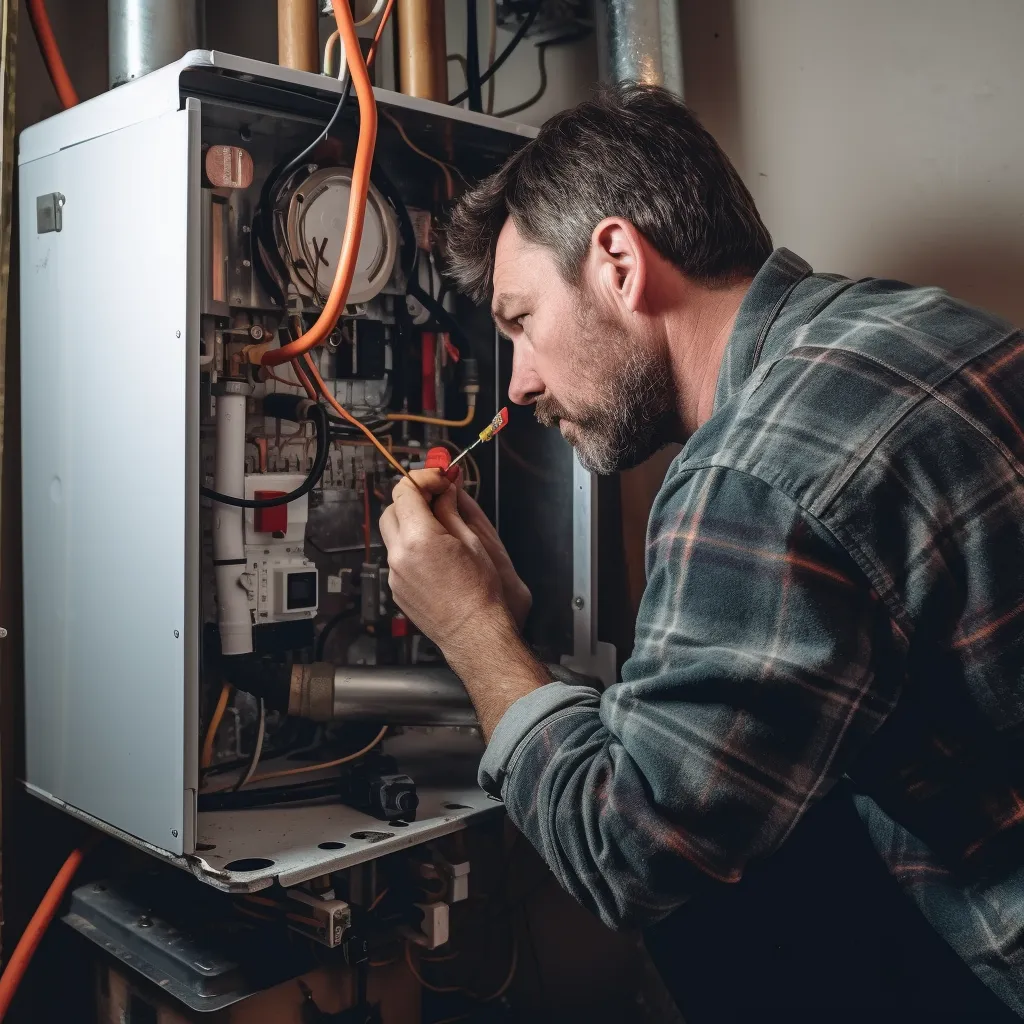
How energy-efficient are storage tank water heaters?
One common question that often arises is whether storage tank water heaters are energy-efficient. The answer to this question depends on a few factors. While storage tank water heaters have been a popular choice for many decades, advancements in technology have now made more energy-efficient options available on the market. Traditional storage tank water heaters tend to lose heat over time, even when not in use. This leads to energy wastage and increased utility bills. However, newer models are designed with improved insulation to minimize heat loss. Some models also feature digital controls and timers, allowing homeowners to schedule heating operations according to their needs, further enhancing energy efficiency. To ensure optimal energy efficiency, it is recommended to choose a storage tank water heater with a high Energy Factor (EF) rating. The EF rating indicates the overall efficiency of the unit by considering factors such as standby heat loss and recovery efficiency. Higher EF ratings translate to greater energy savings and lower costs in the long run.
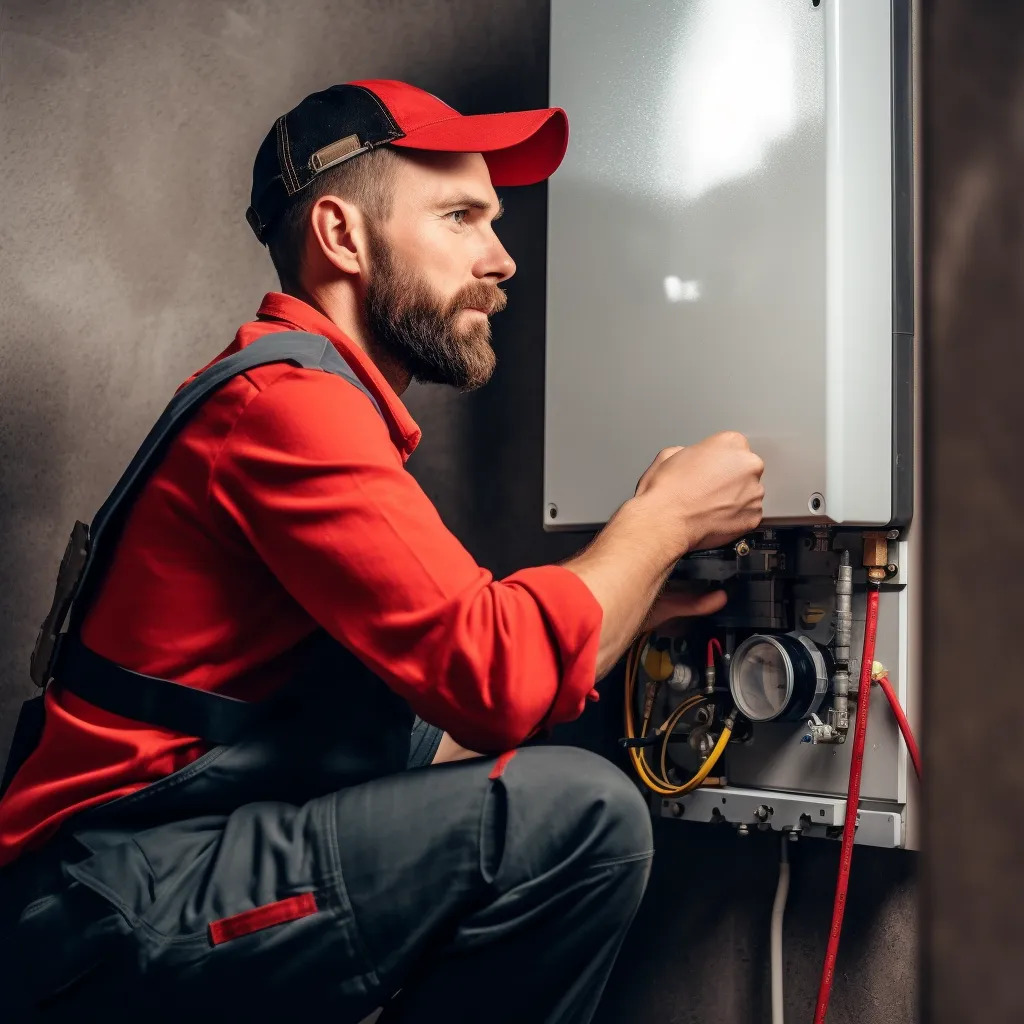
How energy-efficient are tankless water heaters?
Tankless water heaters are known for their energy efficiency. Unlike traditional water heaters, which continuously heat and store a large tank of water, tankless water heaters only heat water as needed. This on-demand heating method eliminates standby energy loss, resulting in significant energy savings. In fact, tankless water heaters can be up to 30% more energy-efficient than their conventional counterparts. With their ability to provide hot water on demand and reduce energy consumption, tankless water heaters are a popular choice for those looking for an energy-efficient water heater replacement in Eclectic.
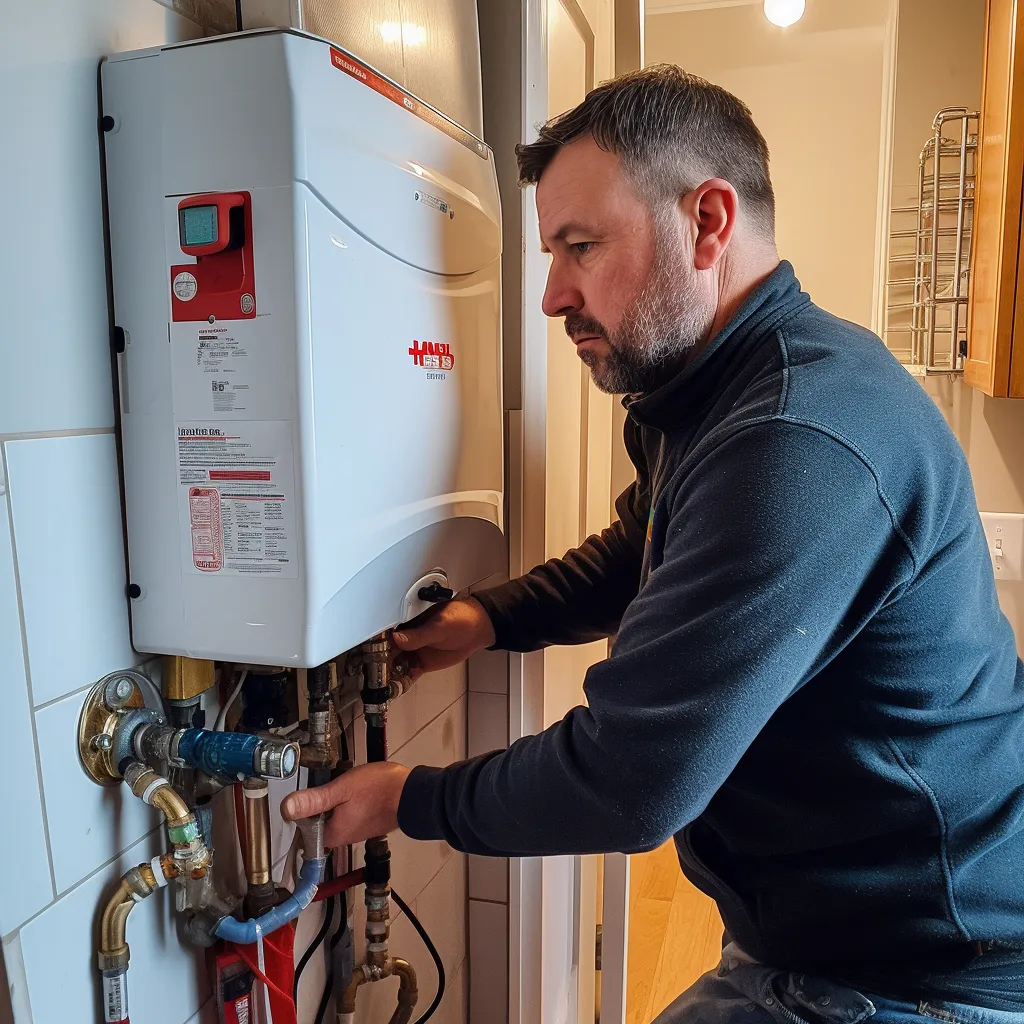
What does it cost to buy and install a tank water heater?
When it comes to tank water heaters, the price can vary based on factors such as the size of the unit, the brand, and any additional features you may want. On average, the cost to purchase a tank water heater can range from around $500 to $1500. This price typically includes the unit itself along with any necessary components like the temperature and pressure relief valve. Keep in mind that higher-end models or those with larger capacities may fall on the higher end of this price range. Installation costs for a tank water heater can vary as well, depending on your location and the complexity of the installation. On average, homeowners can expect to spend around $500 to $1000 for professional installation. This cost may include labor fees, materials, and any necessary permits. It's important to note that these costs are just estimates and can vary based on a variety of factors. It's always recommended to get a few quotes from reputable plumbing professionals in Eclectic to get an accurate idea of the cost for your specific circumstances.
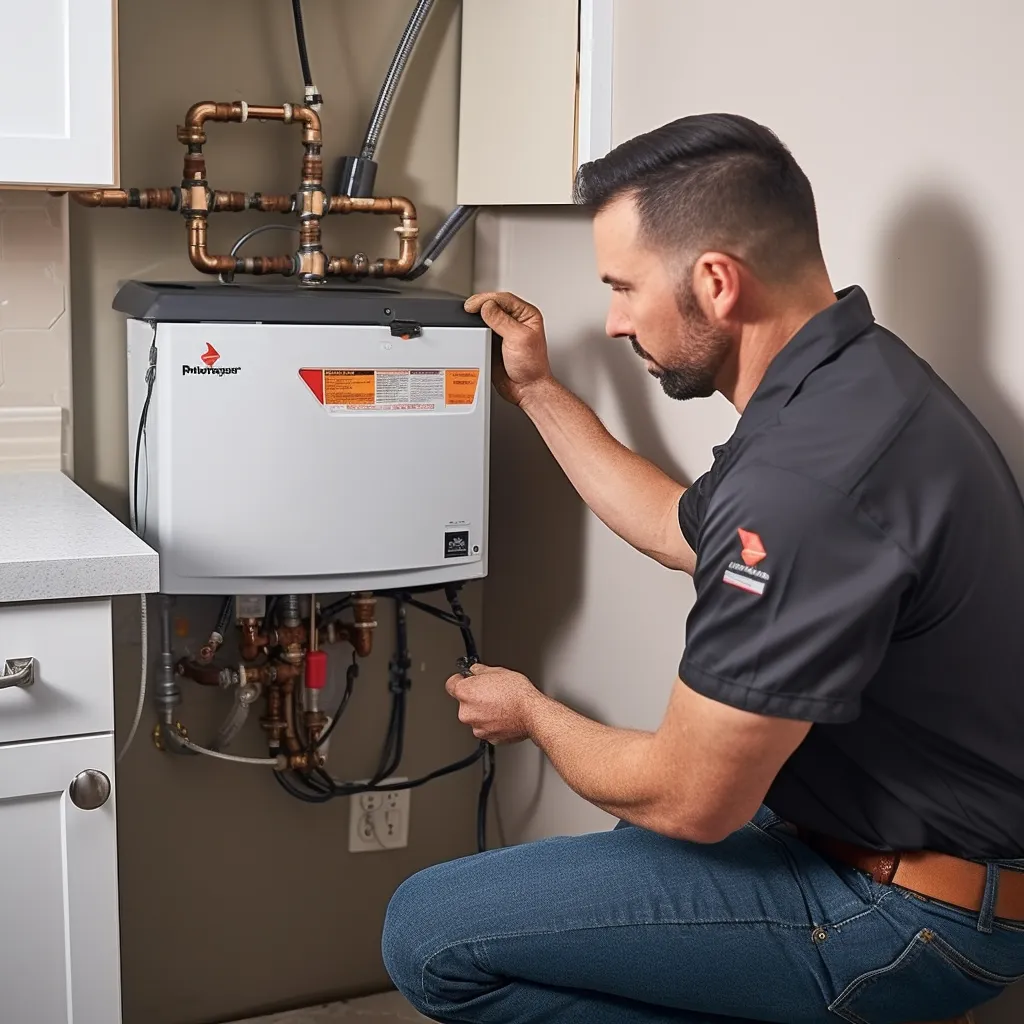
What does it cost to buy and install a tankless water heater?
When it comes to the cost of purchasing and installing a tankless water heater, it can vary depending on various factors. The price of the unit itself typically ranges from a few hundred dollars to several thousand dollars, depending on the brand, model, and features. In terms of installation, it is recommended to hire a professional plumber or a licensed contractor to ensure proper installation and avoid any potential issues. The cost of installation can vary as well, depending on factors such as the complexity of the installation process, any necessary modifications to the existing plumbing system, and the local labor rates. In order to get an accurate estimate, it's advisable to contact a few reputable plumbing companies and request quotes for water heater replacement in Eclectic. They will typically take into account the size of your home, the number of bathrooms, and your hot water usage needs to determine the right size and type of tankless water heater for your property. Additionally, keep in mind that there may be additional costs involved, such as permits, disposal of the old water heater, and any necessary upgrades to gas lines or electrical circuits. It's essential to discuss these potential expenses with the plumber or contractor during the estimation process.
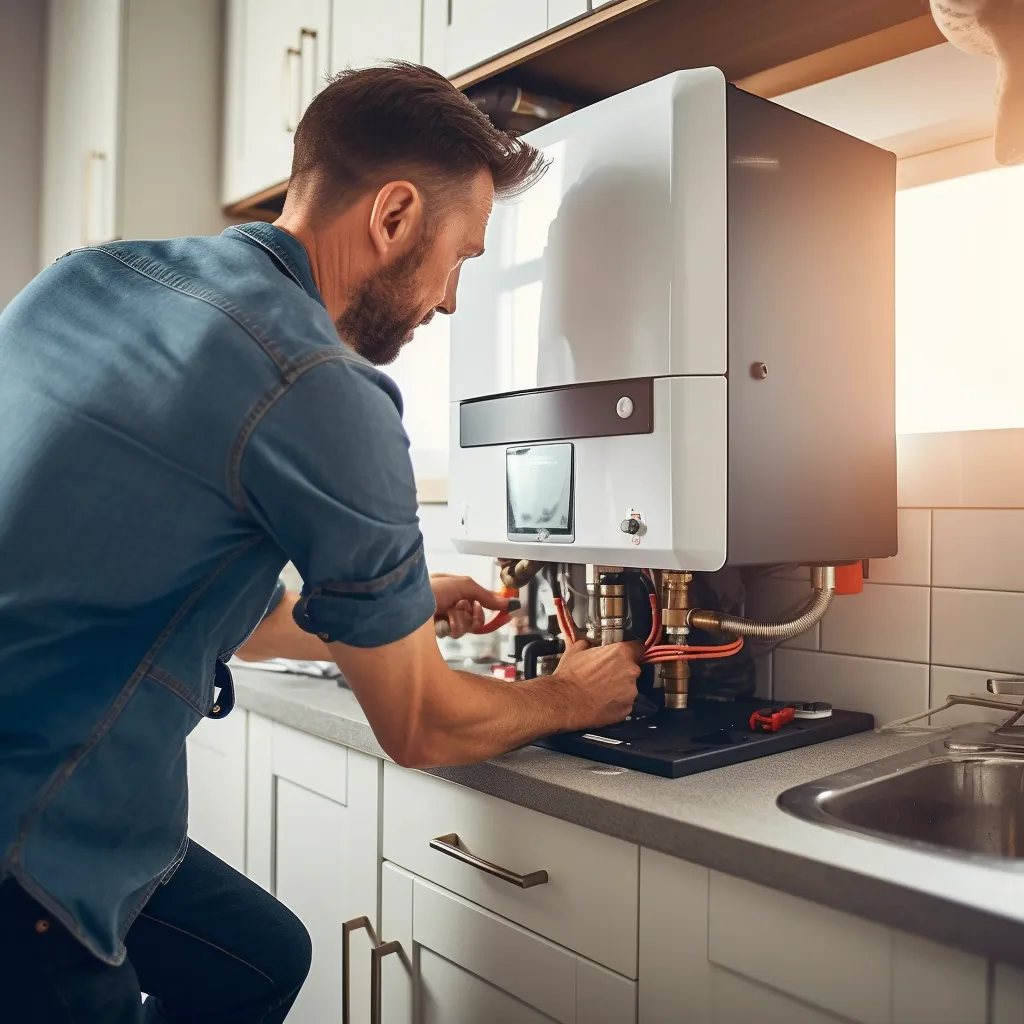
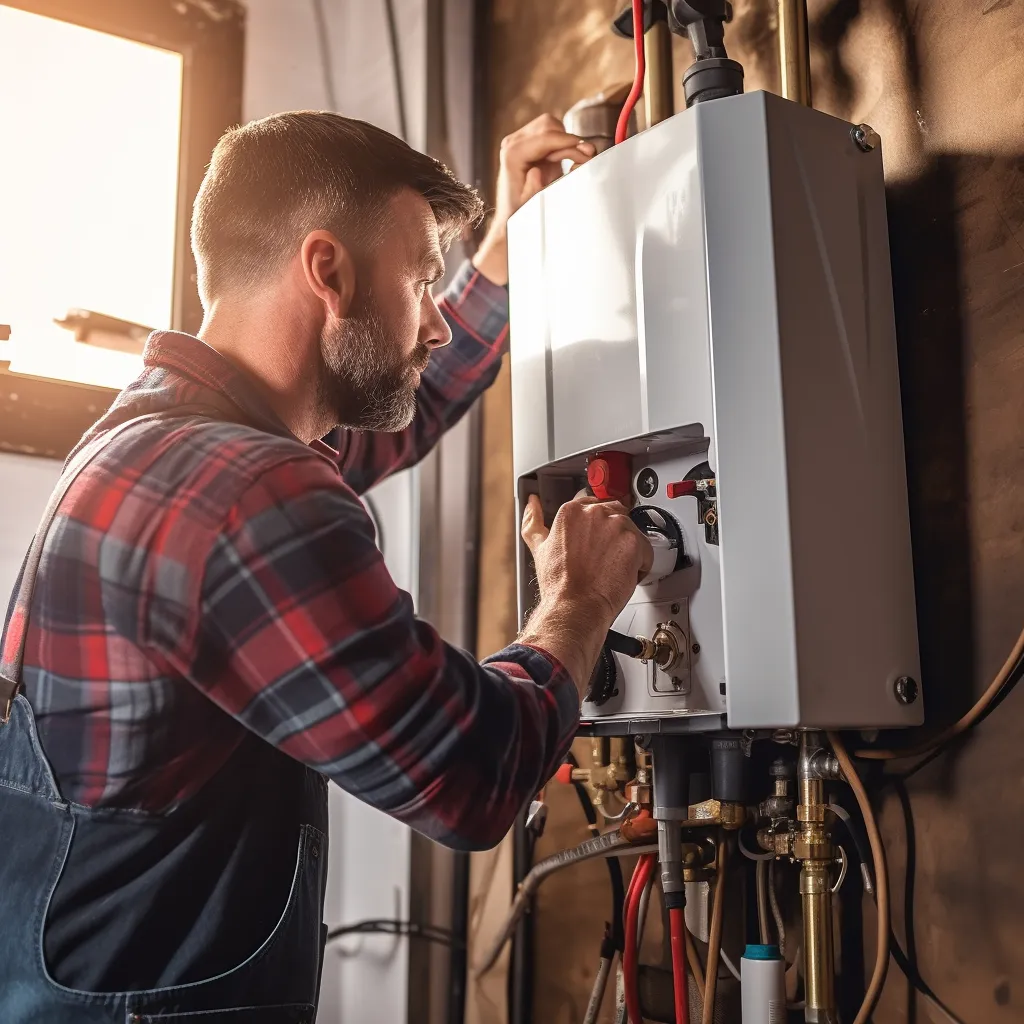
Common maintenance issues with tank water heaters
Here are some common storage tank water heater maintenance issues that homeowners may encounter:
Sediment build-up: Over time, minerals and sediments can accumulate at the bottom of the water heater tank. This sediment build-up can reduce the efficiency of the heating element and lead to higher energy bills. Regular flushing of the tank can help remove these sediments and improve the water heater's performance.
Corrosion: The metal components of a water heater tank can corrode due to exposure to water and minerals. Corrosion can cause leaks and reduce the lifespan of the tank. Regular inspection for any signs of corrosion, such as rust-colored water or a metallic smell, is crucial. If corrosion is detected, it may be necessary to replace the water heater.
Pressure relief valve issues: The pressure relief valve is a safety feature that prevents the tank from exploding due to excess pressure. If the valve is faulty, it may not function properly and can pose a safety hazard. Regular testing and replacement of the pressure relief valve, if necessary, is essential.
Leaks: A leaking storage tank can be a significant problem. Leaks can result from a faulty temperature and pressure relief valve, a corroded tank, or loose connections. Promptly addressing any leaks is vital to prevent water damage to your home and to avoid further damage to the water heater.
Insufficient hot water: If you're experiencing a decrease in the amount of hot water or if the water temperature is not consistent, it may indicate an issue with the heating element or a malfunctioning thermostat. Hiring a professional to inspect and repair these components can help resolve the problem.
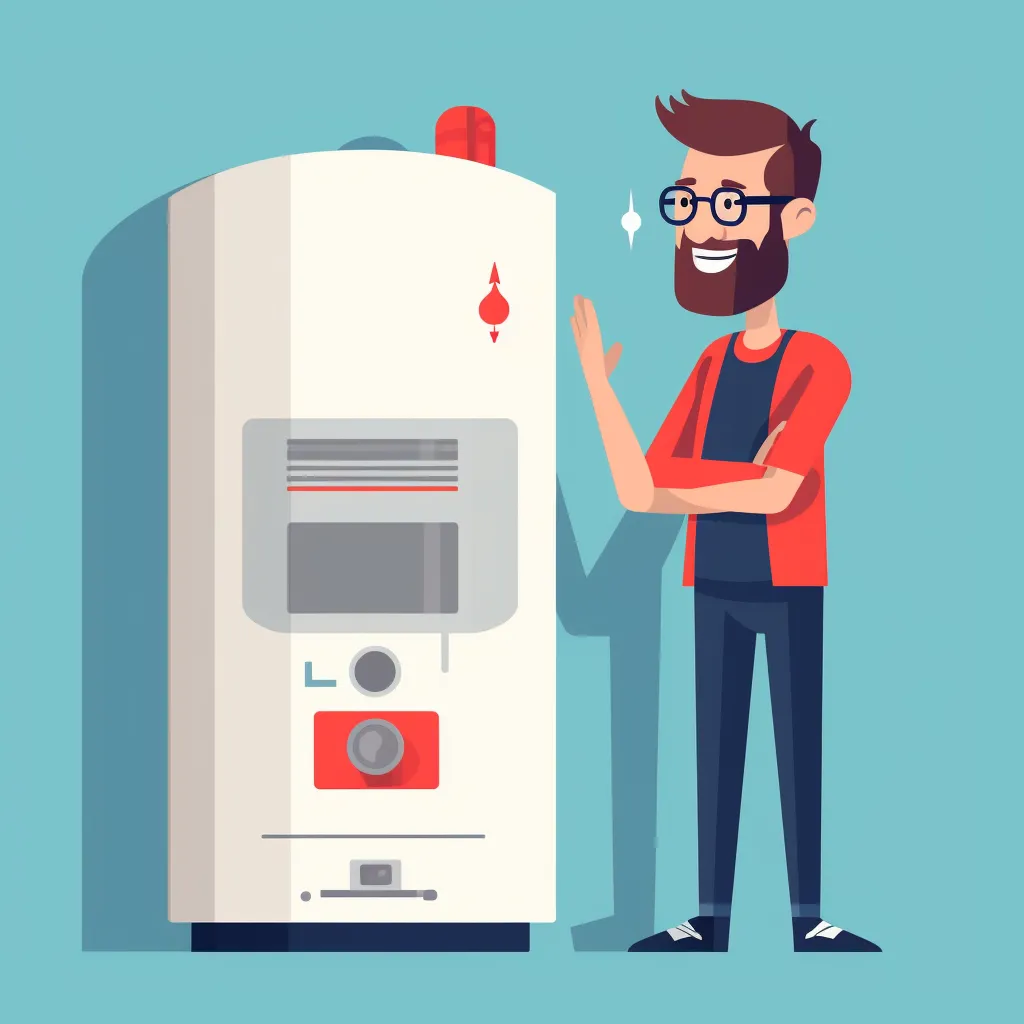
Common maintenance issues with tankless water heaters
Here are some common tankless water heater maintenance issues and how to address them:
One common issue with tankless water heaters is mineral buildup. Hard water contains high levels of minerals, such as calcium and magnesium, which can accumulate inside a tankless water heater over time. This buildup can lead to decreased efficiency, reduced water flow, and even complete system failure. To prevent this issue, regular descaling is necessary. Descaling involves flushing the water heater with a descaling solution to remove any mineral deposits. It is recommended to descale a tankless water heater at least once a year or more frequently if you have extremely hard water.
Another maintenance issue is a clogged or dirty air intake filter. The air intake filter prevents dust, debris, and insects from entering the tankless water heater's combustion chamber. If the filter becomes clogged or dirty, it can restrict the airflow, leading to poor combustion and overheating. To address this issue, you should check and clean the air intake filter regularly. If the filter is damaged or excessively dirty, it should be replaced with a new one.
A third common maintenance issue with tankless water heaters is a malfunctioning temperature sensor. The temperature sensor is responsible for regulating the water heater's temperature. If it becomes faulty, the water heater may produce water that is too hot or not hot enough. A malfunctioning temperature sensor can also lead to short cycling, where the water heater turns on and off frequently. If you suspect a problem with the temperature sensor, it is best to contact a professional technician to diagnose and repair the issue.
Gas-powered tankless water heaters may experience issues with the ignition system. A faulty ignition system can result in intermittent or no hot water. This issue can often be resolved by cleaning or replacing the ignition components, such as the spark electrode or flame sensor. However, if the problem persists, it is important to seek professional assistance to ensure a safe and proper repair.
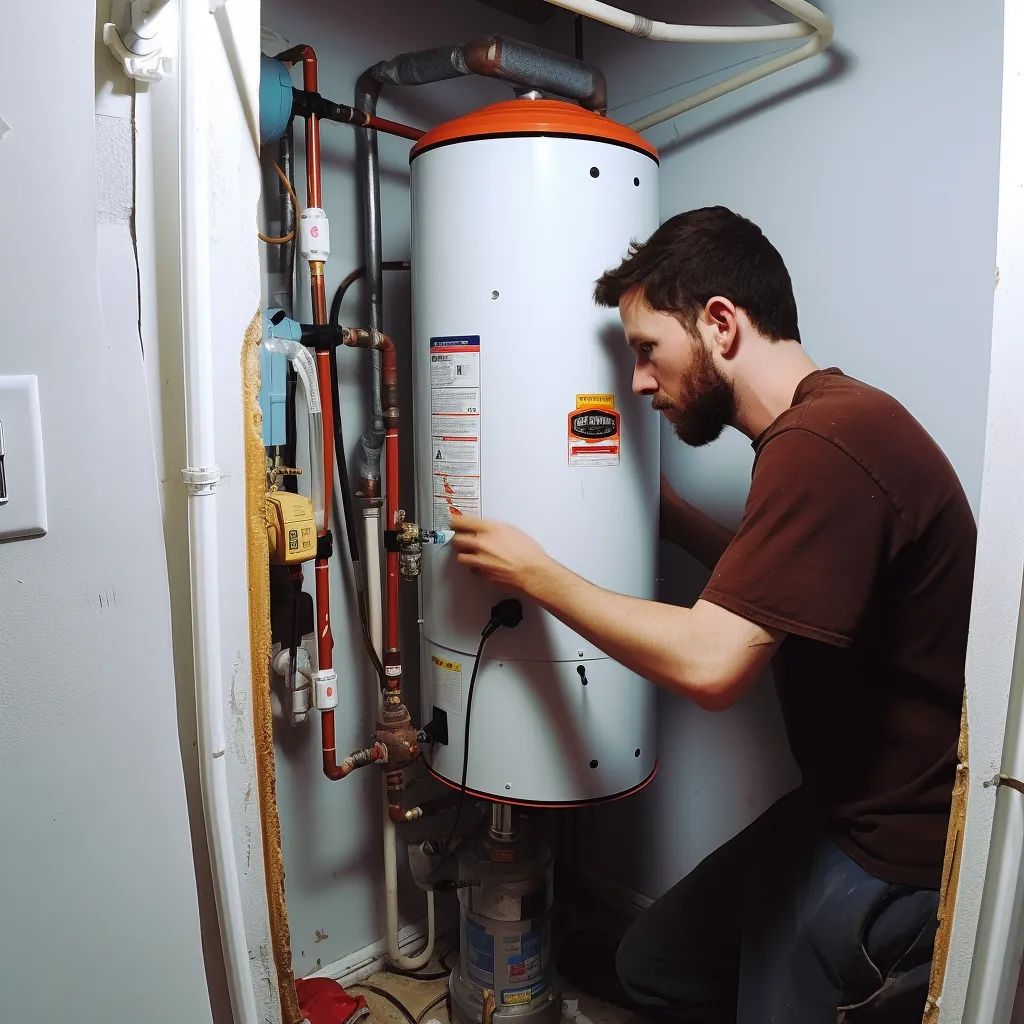
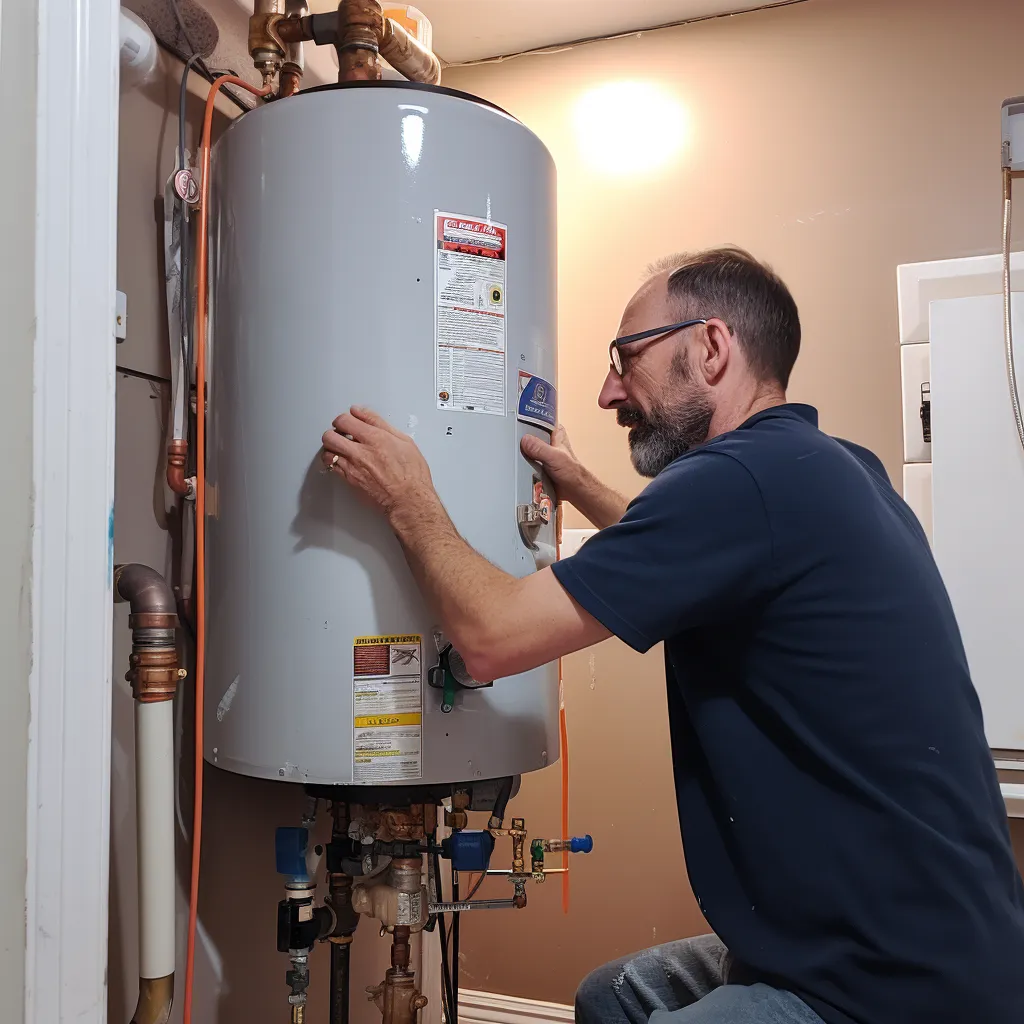
What is the lifespan of a tank water heater?
Tank water heaters typically have a lifespan of about 8 to 12 years. However, several factors can impact the longevity of a water heater, such as the quality of installation, the frequency of maintenance, and the water quality in your area. It's essential to keep an eye on your water heater's performance and consider replacing it if you notice signs of aging, such as decreased efficiency, leaks, or an inability to meet your household's hot water demand. When the time for water heater replacement arrives, residents of Eclectic can rely on professional and experienced plumbers to provide efficient and reliable installation services.
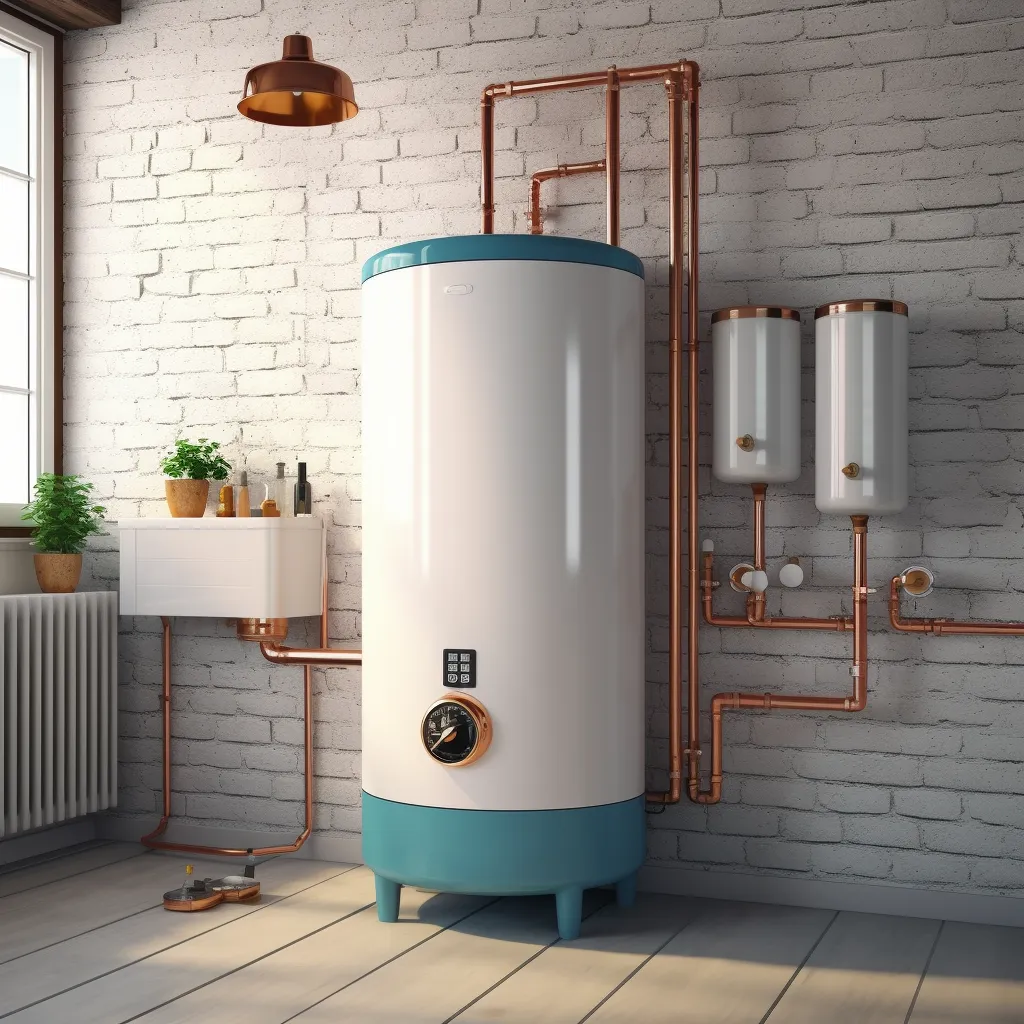
What is the lifespan of a tankless water heater?
When it comes to the lifespan of a tankless water heater, it typically ranges from 15 to 20 years. However, the actual lifespan can vary depending on various factors such as the quality of the unit, installation, maintenance, and usage patterns. With proper care and maintenance, a tankless water heater can provide hot water efficiently for many years. In the event that your tankless water heater reaches the end of its lifespan or experiences significant issues, it may be necessary to consider water heater replacement. If you are located in the Eclectic area and require water heater replacement services, it is recommended to consult with a professional technician who can guide you through the process.
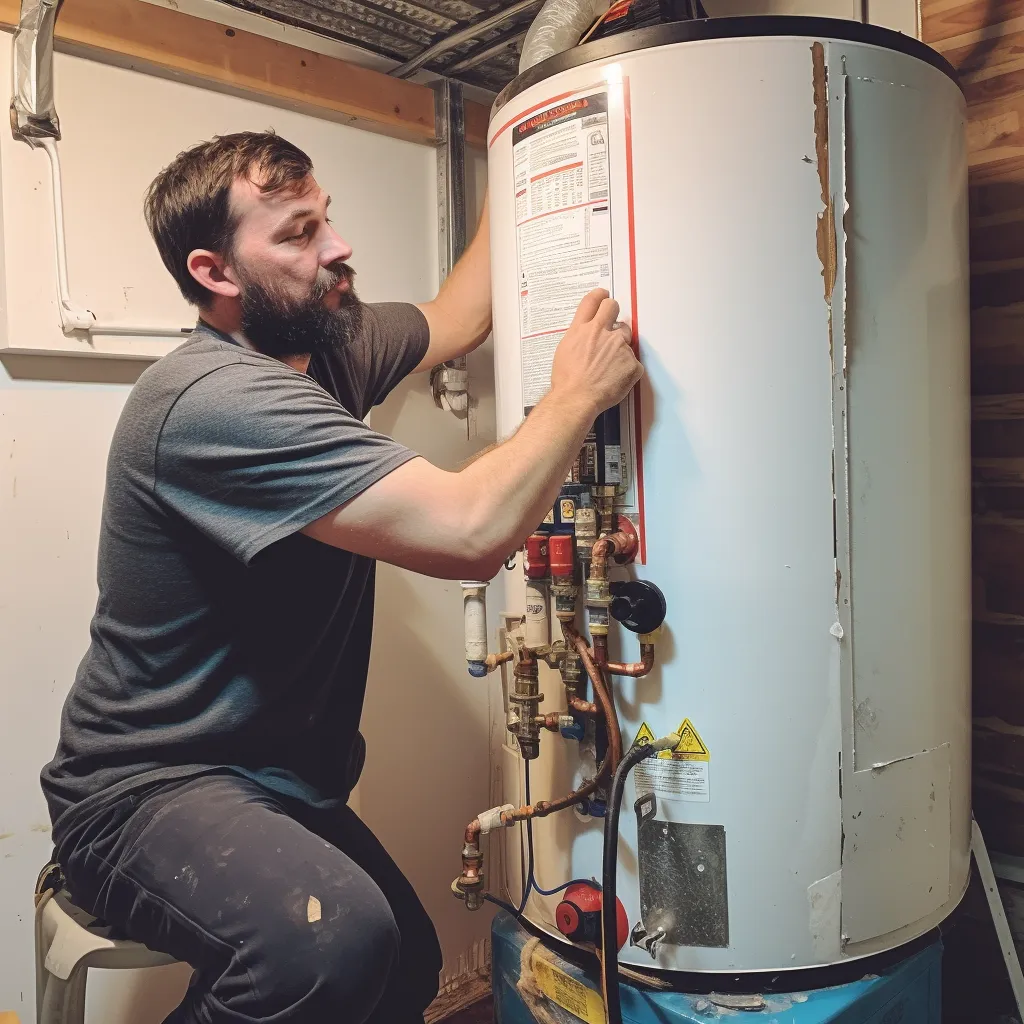
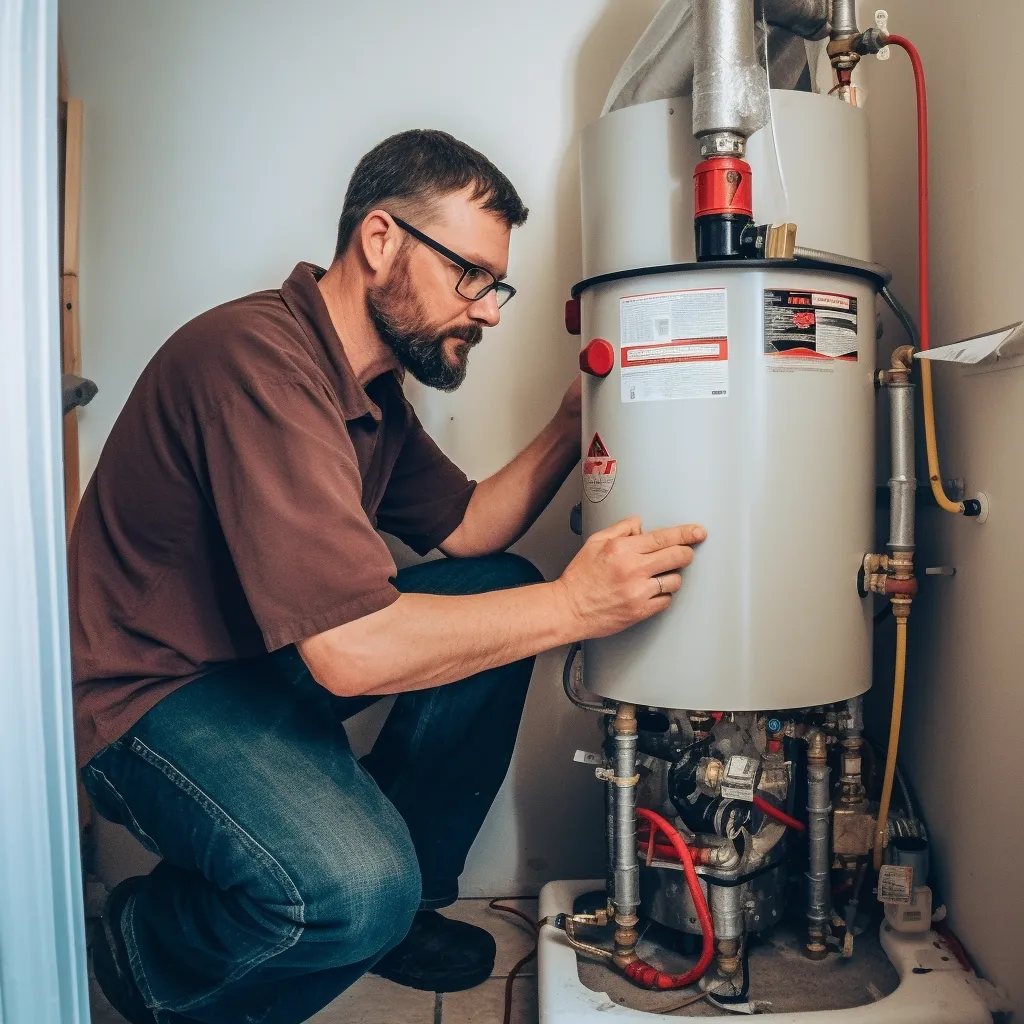
Gas vs electric water heaters
When it comes to water heaters, one common debate is between gas and electric options. Gas water heaters rely on natural gas or propane to heat the water, while electric water heaters use electricity for heating. Both types have their advantages and considerations, so it's important to weigh the pros and cons before making your decision. Gas water heaters are known for their efficiency and fast heating capabilities. They tend to be more cost-effective in areas where natural gas is readily available and affordable. Gas water heaters also provide consistent hot water, even during power outages, making them a reliable option for many homeowners. Additionally, they have a longer lifespan compared to electric water heaters. However, gas water heaters require a venting system to safely remove combustion byproducts, which can add to the installation and maintenance costs. They also consume natural gas or propane, which means there may be ongoing fuel costs. If you don't have access to natural gas in your area, it may not be a practical choice. On the other hand, electric water heaters are often considered easier to install and maintain. They don't require ventilation, making them more flexible in terms of placement. Electric water heaters can also be more economical in areas with low electricity rates. They are typically smaller in size, making them a good option for homes with limited space. One downside of electric water heaters is that their heating process can be slower compared to gas models. They may take longer to heat up a full tank of water, which could be an inconvenience for households with high hot water demand. Electric water heaters are also more vulnerable to power outages, as they rely on electricity to function.
Ways to decide between and tank vs tankless heater
When it comes to choosing a water heater for your home, one important decision to make is whether to go with a tankless or a tank water heater. Both options have their own advantages and disadvantages, so it's important to consider your specific needs before making a decision.
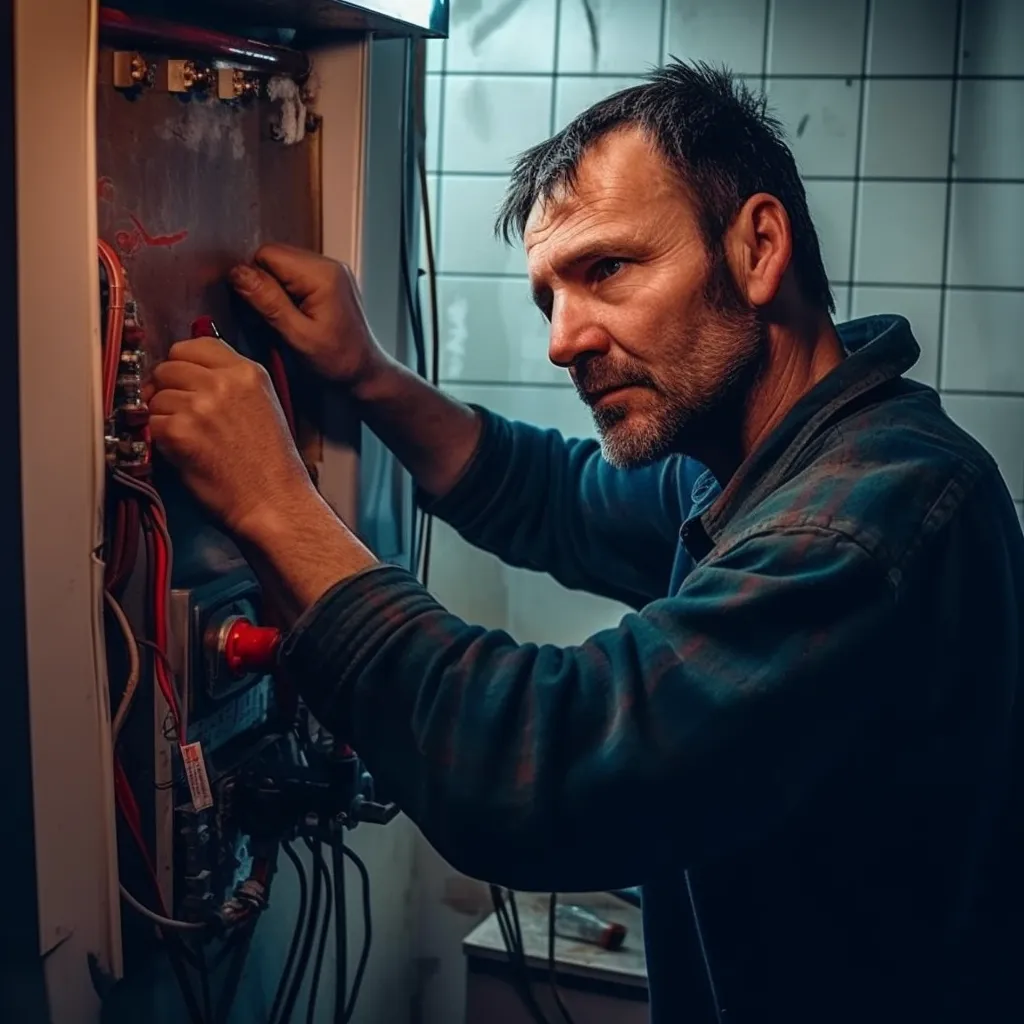
Household Size: If you have a large family or frequently have multiple people using hot water simultaneously, a tank water heater may be the better choice as it can handle high demand more effectively.
Energy Efficiency: If you are looking to reduce your energy consumption and lower your utility bills, a tankless water heater might be the ideal option. However, keep in mind that the higher upfront cost may take longer to recoup through energy savings.
Space Availability: Tankless water heaters are generally more compact and require less space for installation. If you have limited space in your home, a tankless option may be more practical.
Initial Cost: Tank water heaters tend to have a lower upfront cost, making them an attractive option for those on a tighter budget. However, it's important to consider long-term energy savings and the potential for a shorter lifespan.
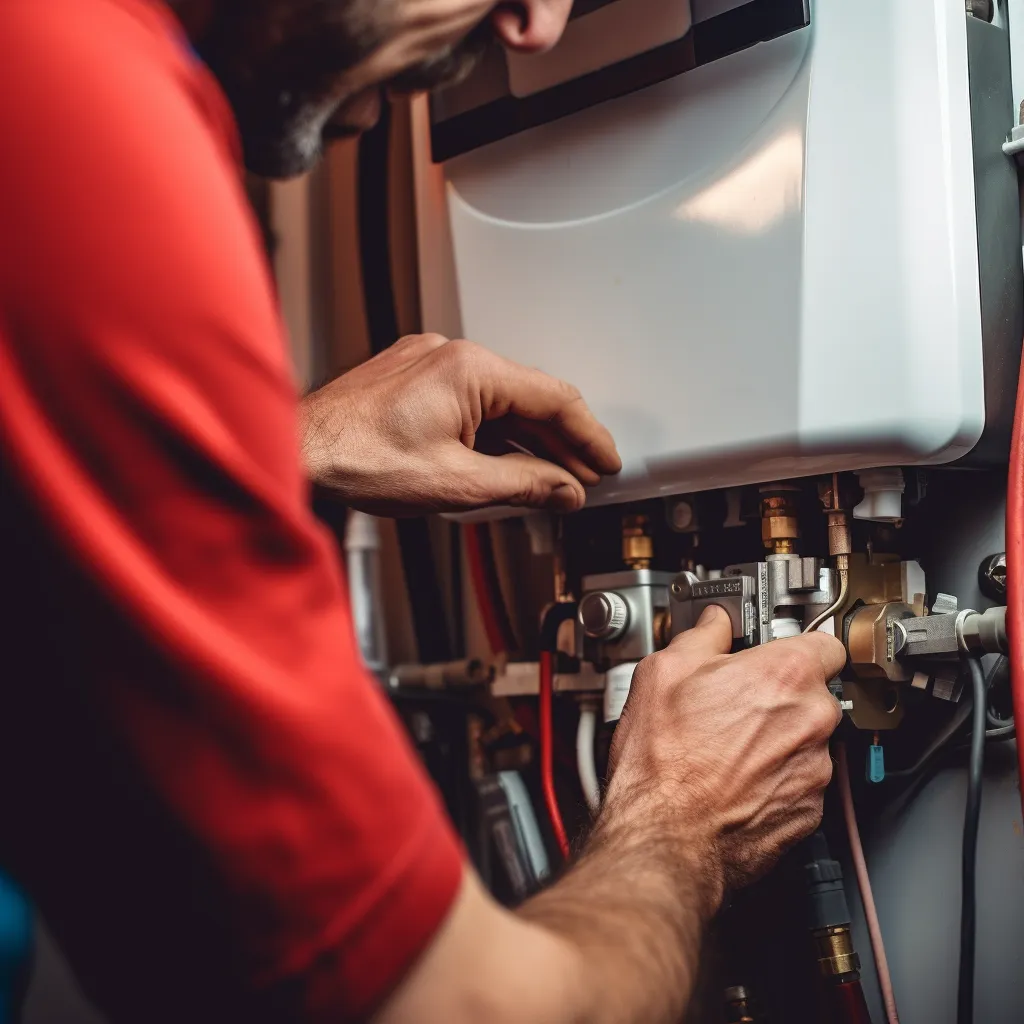
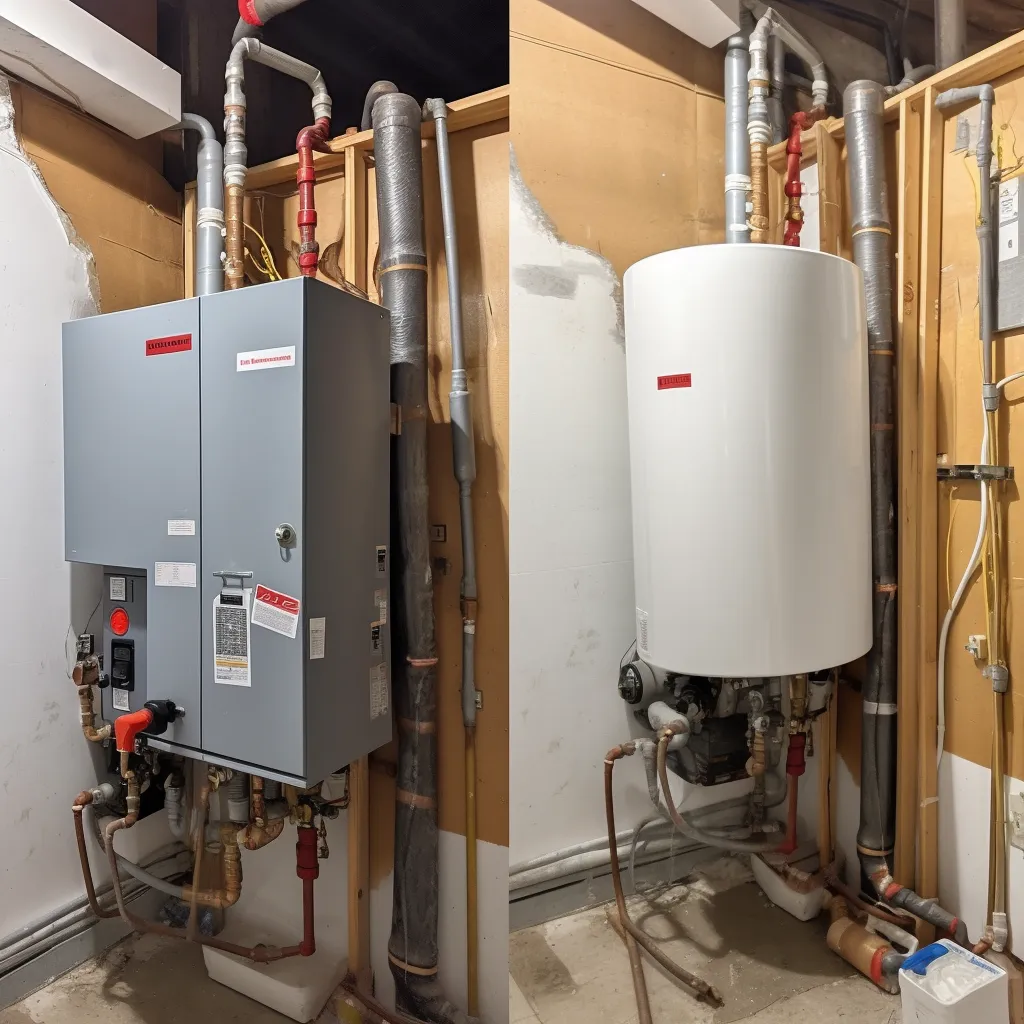
Why it's important to hire a licensed professional
If you're upgrading your water heater, hiring a licensed professional is of utmost importance. While some homeowners may be tempted to tackle the project themselves or hire an unlicensed individual in an attempt to save money, this can lead to more problems and potentially dangerous situations down the road. A licensed professional has the necessary training, knowledge, and experience to safely and correctly replace a water heater. They are familiar with the local building codes and regulations, ensuring that the installation is up to the required standards. Additionally, a licensed professional will be able to recommend the right type and size of water heater for your specific needs, ensuring optimal performance and energy efficiency. Overall, hiring a licensed professional for water heater replacement in Eclectic is not only a smart investment but also provides peace of mind knowing that the job will be done correctly and safely.
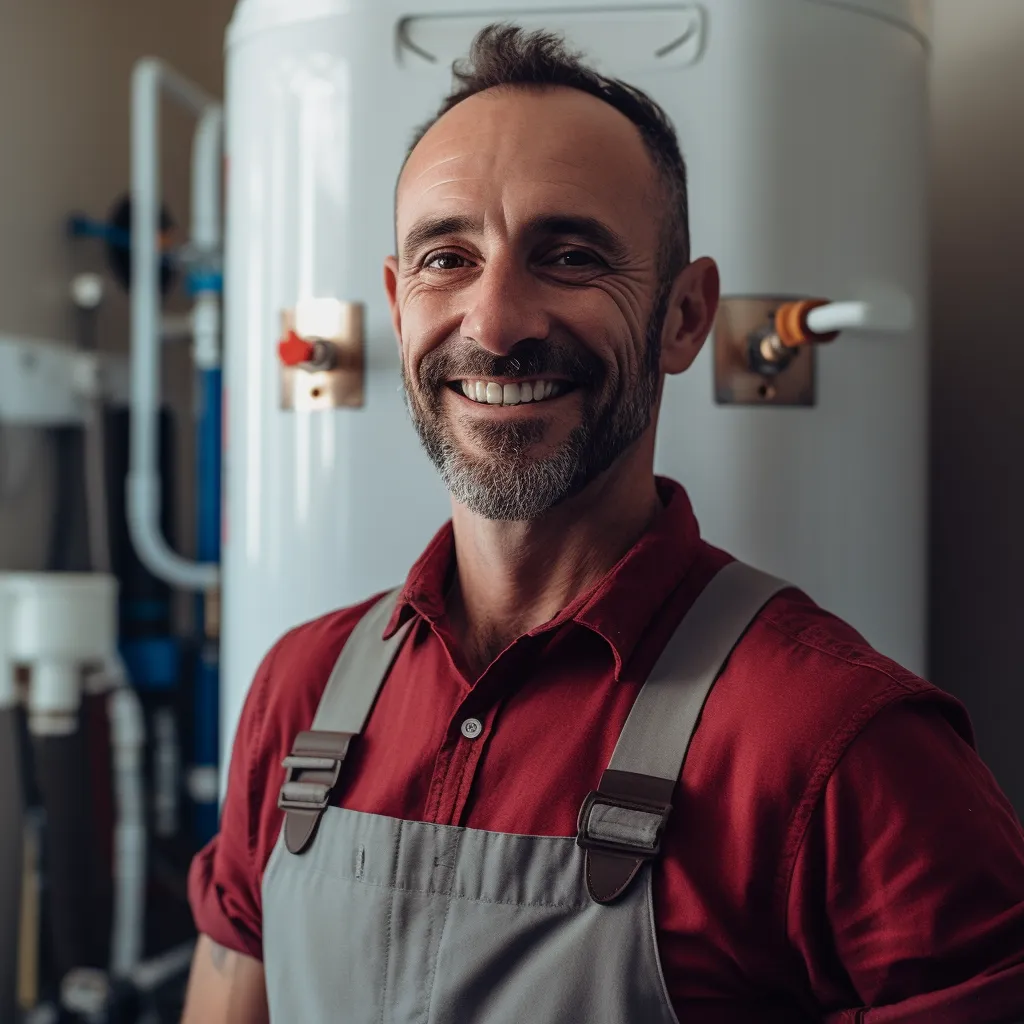
Be sure to research tank vs tankless water heaters
Researching tankless vs tank water heaters is vital when considering a water heater replacement in Eclectic. Tankless water heaters offer energy efficiency, space-saving design, and a longer lifespan. However, their higher upfront cost and limited flow rate should be taken into account when determining the best option for your household's hot water needs.
Tankless water heaters have gained popularity in recent years due to their energy efficiency and space-saving design. Unlike traditional tank water heaters, which continuously heat and store a large amount of water, tankless water heaters only heat the water as it is needed. This on-demand heating process helps to reduce energy consumption and lower utility bills.
Tankless water heaters also have a longer lifespan compared to tank water heaters. While tank water heaters typically last around 10-15 years, tankless water heaters can last up to 20 years with proper maintenance. This can be a significant advantage, especially for homeowners who plan to stay in their homes for a long time. In terms of space-saving, tankless water heaters are the clear winner. They are compact and wall-mounted, which frees up valuable floor space and allows for more flexibility in installation. On the other hand, tank water heaters are larger and require a dedicated storage space, such as a basement or utility closet.
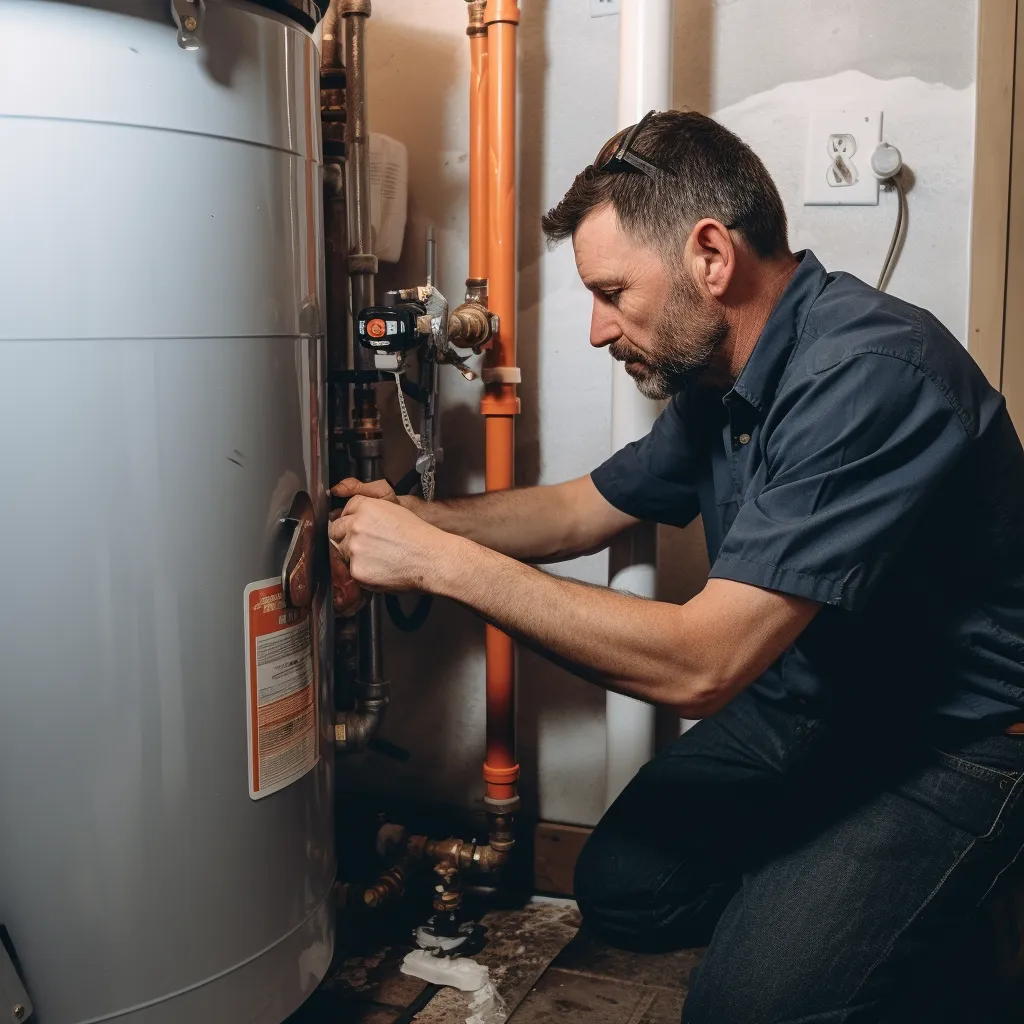
Contact Us
